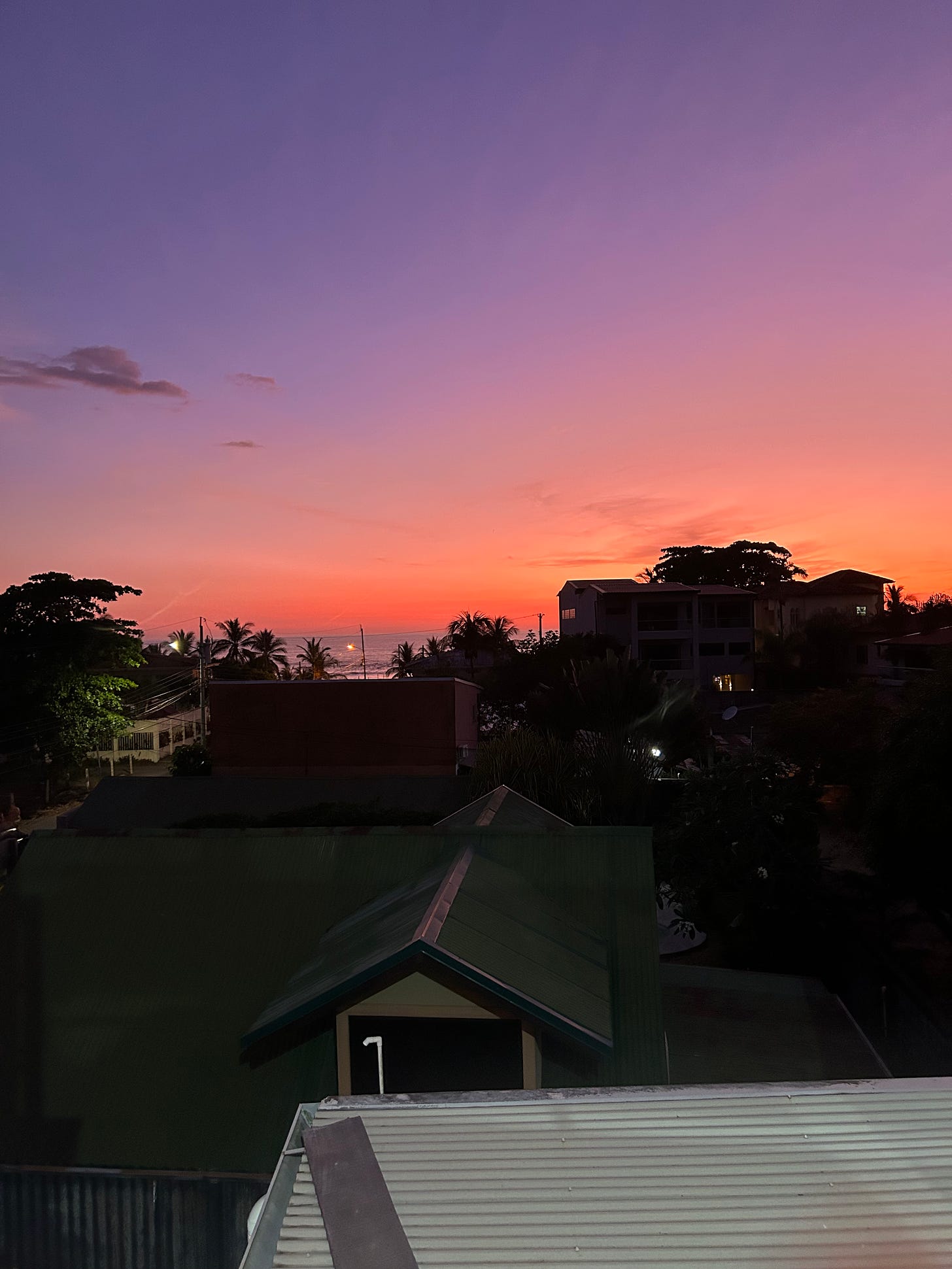Like a lot of people, I associate music with certain periods of my life. During COVID, during the worst periods, during the spring of 2020, that music was the Pogues.
When you’re stuck in a bedroom, unable to go elsewhere, there’s something comforting about listening to to sometimes unintelligible, always well-written songs about better times.
The more I played the Pogues during the pandemic, the more the I ended up connecting with their lead singer.
Like me, Shane MacGowan was Irish, but not born in Ireland. He brought Irish folk music inspirations to generations of kids who felt a little too cool to listen to the The Chieftains. The Pogues served as an emotional bridge between the punk music I love, and my nostalgia-tinged memories of child car rides full of Fields of Athenry and Irish Soldier Laddie.
Since the 1980s, Shane often seemed six months away from death. In January 2022, I began to feel that way. Seemingly overnight, while in a foreign country for a month, I began having severe health scares. I went from being able to exercise for hours, to my chest seizing up, and my borderline passing out while in the ocean or on a hike. Each time, no matter how dizzy I felt, how blurry my vision got, or how intense the chest pain was, I was convinced it was an isolated anomaly that would not happen again. I don’t know how Shane felt, but to me, at the time, it was clear. It made more sense to ignore everything, without admitting to any health issues, than to directly face whatever the hell was happening to me. I’d climb up to the roof each night with a beer, stare at the ocean, and listen to the Pogues through my tinny phone speakers.
This is objectively not the way I should have dealt with a situation like that. Clearly, Shane was not a positive influence on my life, much like he did an immense amount of unneeded damage to his own. That said, I know very few geniuses and very few poets. I’m not either. Shane was both.
